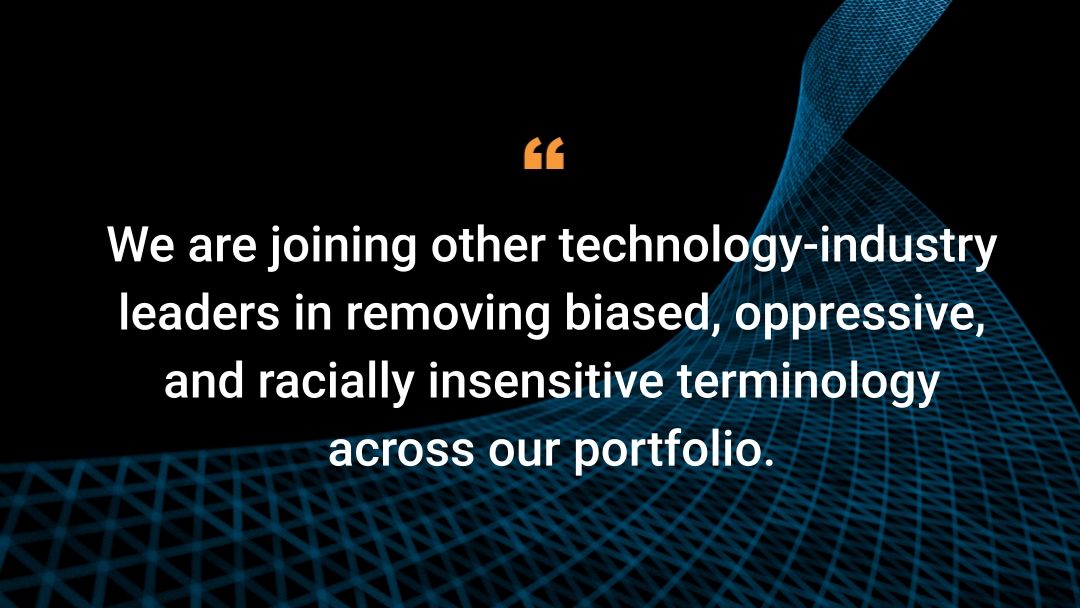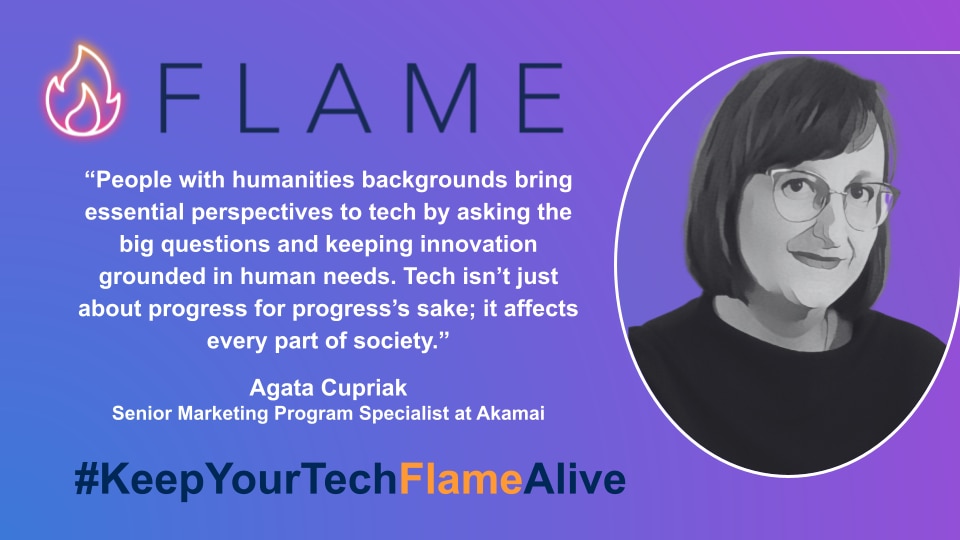Toward Inclusive Language in Software

Akamai opposes racism in all its forms and is committed to providing an inclusive, fair, and respectful environment for both our customers and our employees. As part of this commitment, we are joining other technology-industry leaders in removing biased, oppressive, and racially insensitive terminology across our portfolio. We will work with our teams and our partners to review all areas in which unconscious bias has allowed problematic terms, such as whitelist and blacklist, to become unnecessarily commonplace. We recognize that these terms were generally introduced and used without bad intentions, but their presence and continued use are counterproductive to Akamai’s focus on equality and dedication to ensuring an inclusive culture. Internally, Akamai is establishing new standards to replace these terms in documentation, application UIs, APIs, and elsewhere. Although overdue, this process will take time, especially when APIs need to be versioned or deprecated.
Akamai is also highly supportive of open source software projects and internet standards organizations being inclusive environments and shifting away from problematic terminology, and we encourage the open source projects and internet standards organizations with which we collaborate to move in this direction. We applaud those projects that have recently taken steps in this direction and encourage others to follow their leadership.
We recognize several things as we undertake this initiative:
- Addressing bias and insensitivity by changing terminology is only a small step in the broader corporate journey toward ensuring a culture that fosters diversity by focusing on equality and fairness
- Ensuring thoroughness in our assessments is necessary, but with checks and balances in place to avoid the potential for over-rotation into every nuance of language that could be deemed insensitive
- Evaluating the code of conduct that we apply to the projects we participate in and to the technology partners we work with will be an ongoing commitment
Akamai believes that an inclusive culture fosters diversity of thought, which translates into an innovative and collaborative environment. We have been on a multiyear journey to live out its values through an inclusive workplace culture built on respect for every individual. As part of that journey, earlier this year, Akamai joined the Massachusetts Technology Leadership Council (MassTLC) Tech Compact for Social Justice. As one of the nearly 90 Massachusetts technology company signatories, Akamai committed to making changes toward racial equality in its organization. Companies sign on to honor at least 3 of 12 measurable initiatives.
Additionally, the company supports The Akamai Foundation, dedicated to encouraging the next generation of technology innovators by supporting STEM education, with a focus on the pursuit of excellence in mathematics in grades K–12. The Foundation’s global grants focus on equal access to quality STEM education by supporting programs designed to attract more diversity to the technology industry, particularly from traditionally underserved populations. In 2020, new programs were initiated by the Foundation, with the aim of offering timely assistance to those affected by the year’s important global issues: the COVID-19 pandemic and racial inequality.
Thank you to the many leaders and individual contributors at Akamai who have been working on this effort and have contributed elements to this post.




